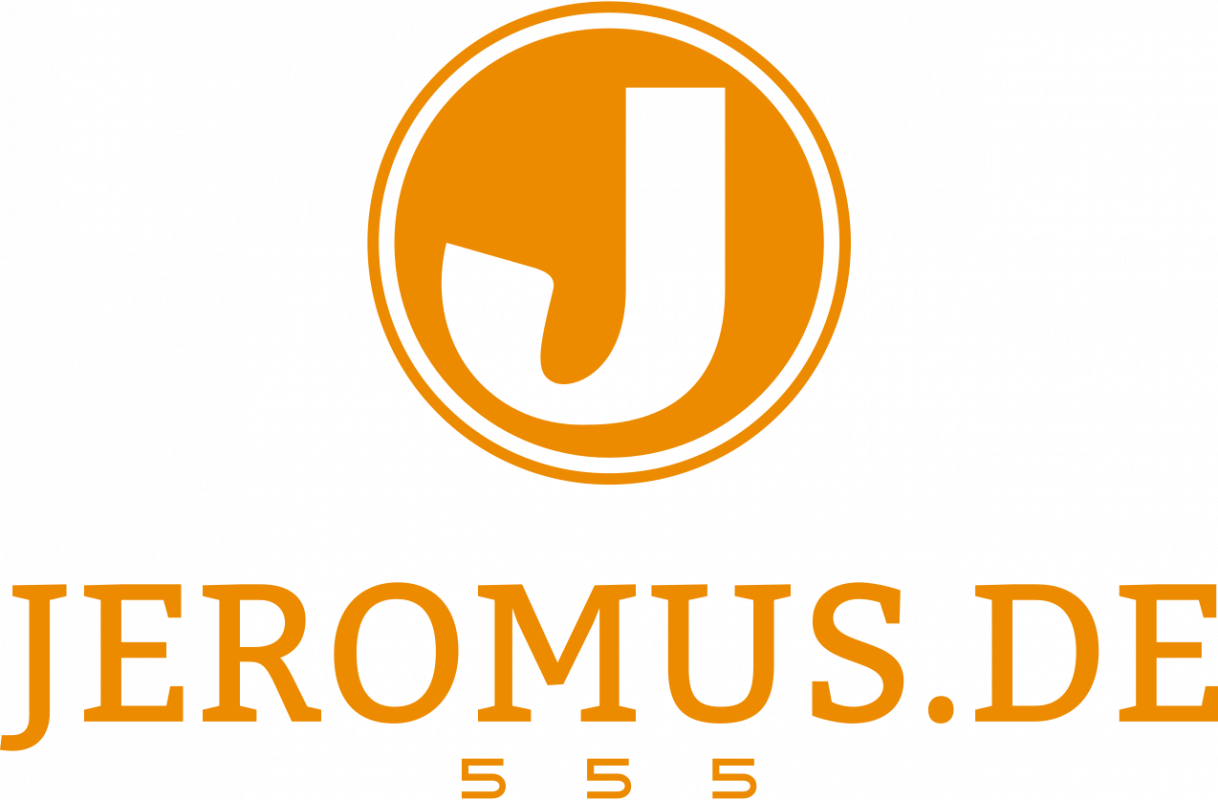
06 Sep 2022 — Haarlem, in the Netherlands, is now the first city in the world to ban meat ads to discourage meat consumption. The ban regards advertisements in all public spaces.
Lawmakers decided to ditch the ads in an effort to reduce the amount of meat consumption. The hope is that getting rid of ads will reduce the quantity of meat eaten in the town and have positive environmental impacts.
“Whilst any environmental benefits can not be expected immediately from an advertising ban, it sends out a clear message to the food industry that Haarlem wants the industry to invest in more climate-friendly food. We also hope that other cities in the Netherlands will follow the example of Haarlem and introduce similar bans,” Jasmijn de Boo, ProVeg International vice president, told FoodIngredientsFirst.
Which products and areas will be affected remain unclear. What is known is that meat ads will not be allowed on the city’s busses, shelters and screens in public spaces.
The ban will begin in 2024 after being officially passed by the city council last week. Meat was added to the list of banned fossil fuel endorsements that contribute to nitrogen emissions for the city.
“We support the move by Haarlem to ban meat adverts because meat production is indeed harmful to the environment,” tells de Boo.
Meat and the environment
The meat industry is a significant contributor to fossil fuels around the globe. “The production of animal-based foods is responsible for about 20% of all global anthropogenic greenhouse gas emissions,” says de Boo
There have been trends of governments or individuals stepping in to counteract the negative environmental impacts of meat.
“Meat is just as harmful to the environment,” says Haarlem GroenLinks, councilor Ziggy Klazes, when talking about the meat industry regarding other significant fossil fuel-producing cooperations.
“We can’t tell people there’s a climate crisis and encourage them to buy products that are part of the cause,” emphasizes Klazes.Haarlem the first town ever to place a ban on meat ads.
Other countries’ worries about the meat industry’s environmental effects have been escalating. Last month, the English government was legally challenged by ecological activists arguing that the nation was falling short of plans to cut meat and dairy consumption.
“Haarlem is doing the right thing by banning the promotion of meat and joins a diversity of organizations, including the UN, which also wants to see meat reduced to relieve the pressure on the environment,” says de Boo.
ProVeg has recently reported that farmers are concerned about their impacts on climate change from meat production, but hold concerns about the logistics of transitioning to other methods.
Councilors said it is not explicit if more sustainably produced meat will also be included in the ban.
Anger from the other side
The meat sector has expressed unhappiness with the ban, arguing that eating meat has both taste and economic advantages.
The meat sector has created a campaign to promote eating meat called ‘Nederland Vleesland,’ which translates to ‘Netherlands food country.’ The movement’s goal is to encourage eating meat, believing doing so has flavor and financial benefits.
The fear of negative economic impacts from the measures taken to reduce meat consumption is prevalent. More than four of five meat sector capital investors are worried about climate change negatively influencing their investments.
“The authorities are going too far in telling people what’s best for them,” says a spokesman from the Central Organisation for the Meat Sector (COV).
The spokesperson makes an argument for free speech. Some think that eliminating all meat ads suppresses communication between the meat industry and the public.
However, professor of administrative law Herman Bröring says, “a legal challenge from Ahold or Jumbo could result in an interesting legal battle.”
The ban on meat ads has been announced in the aftermath of a claim made by the animal welfare organization Wakker Dier that former Dutch agriculture minister, Carola Schouten, tried to suppress a message to eat less meat in a climate awareness campaign.
By Sabine Waldeck
To contact our editorial team please email us at editorial@cnsmedia.com
